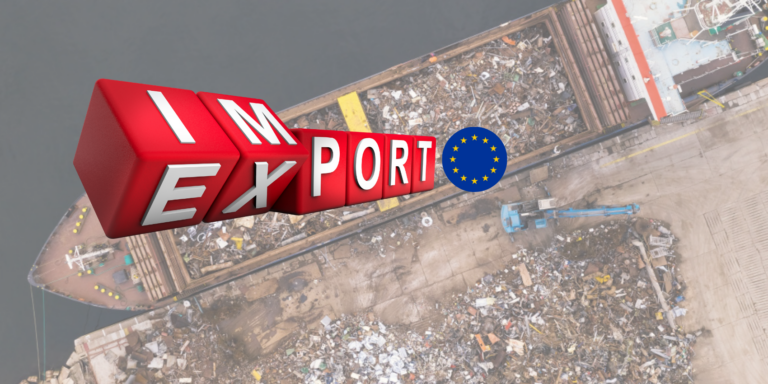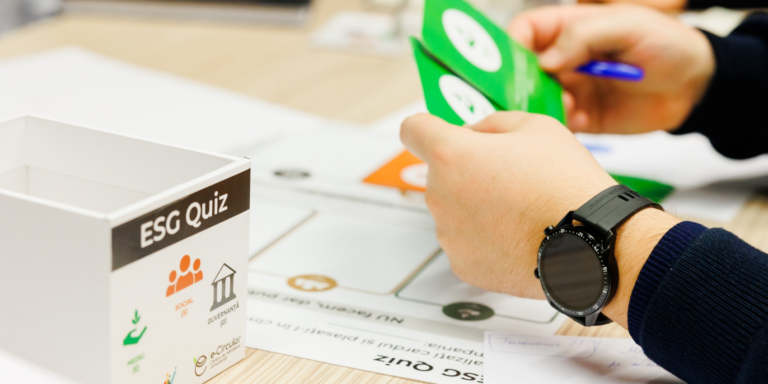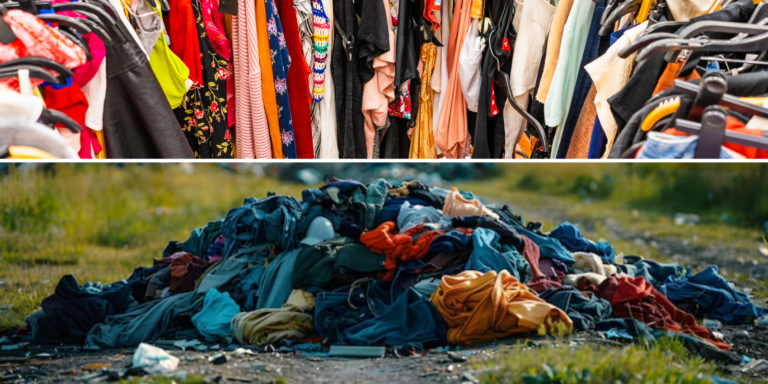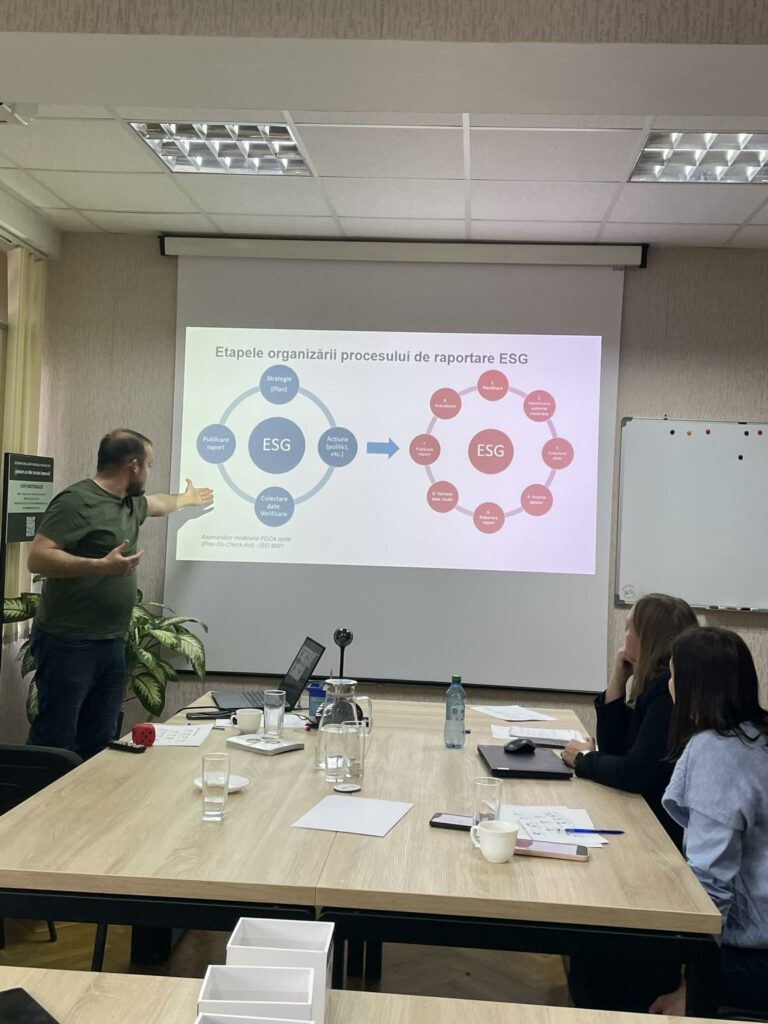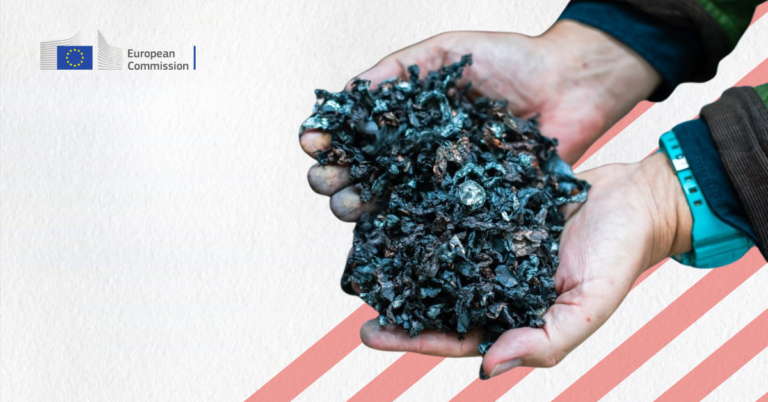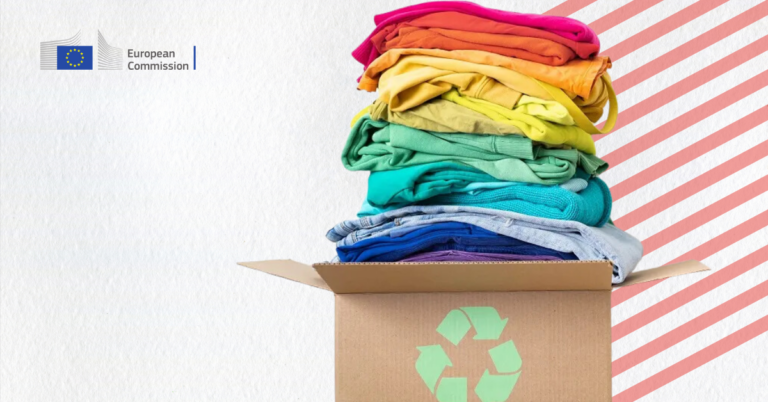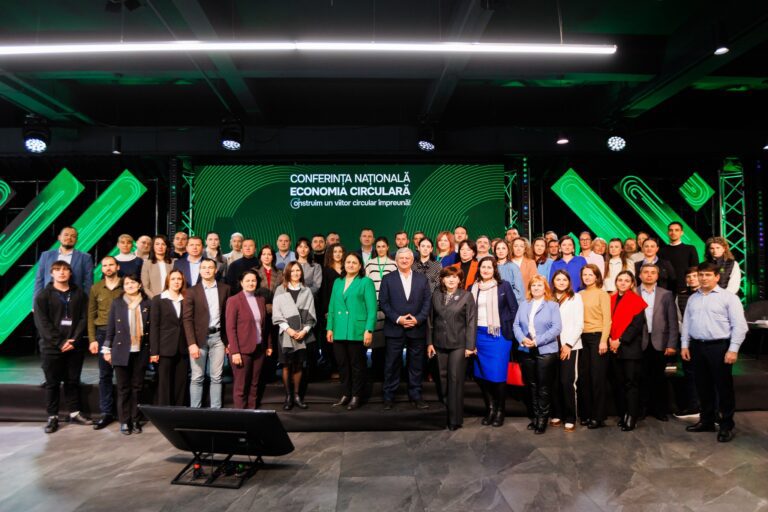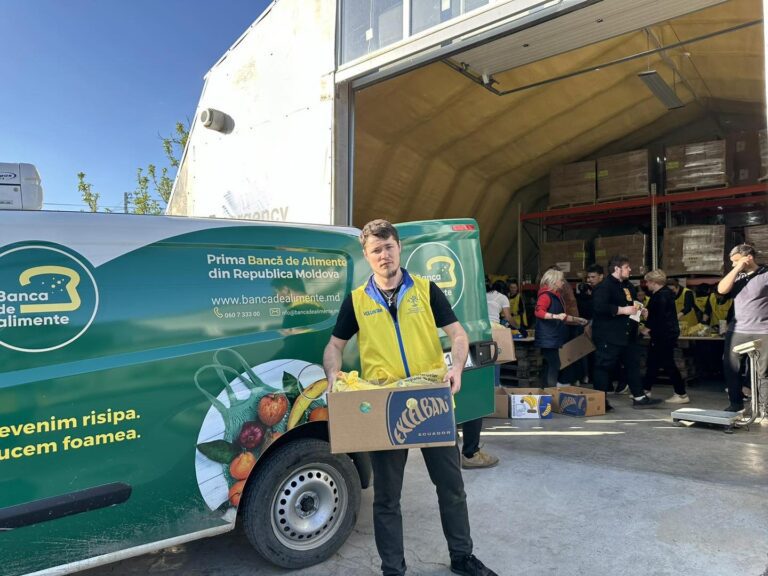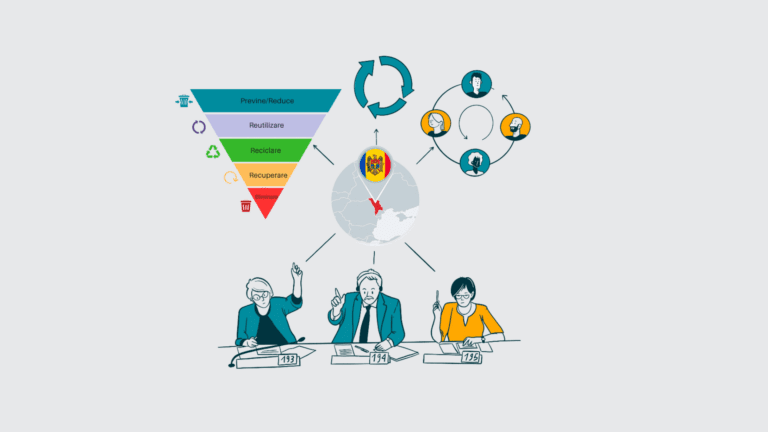France: Global leader in implementing Extended Producer Responsibility
Details
From childhood we were taught to eat everything from the plate, the luckiest can share the leftovers with the animals in the yard, but with increasing urbanization and industrialization, the problem of food waste has become a palpable and even pressing one. We produce more than we consume, and in the end, organic waste along with plastic and other substances pollute the environment intensely. We started promoting the superficial perfection of products, packaging and forgot to check what is really nutritious and healthy for us. Food waste is not only an ethical and economic problem, but also depletes the environment of natural resources.
Conformable Euronews, in 2018, the Ministry of Agriculture of France stated that 10 million tons of food is wasted annually in the country. In Spain, there are 7.7 million tons in this chapter. A statement from the European Commission as of 2016 it said that around 88 million tons of food is wasted annually, which has an associated cost estimated at €143 billion.
Fortunately there are many initiative ready to solve this problem as it is EU Platform on Food Loss and Waste (FLW) is an initiative of the European Commission. The platform was created as part of the Commission's Circular Economy Action Plan to support the achievement of the global Sustainable Development Goal (12.3) on food waste, which calls on all countries to halve food waste and reduce food loss by 2030.
FEBA is a member of the EU Platform on FLW and, in addition to plenary sessions, contributes to sub-group on food donation and the subgroup of action and implementation. FEBA and its members have actively co-operated with Health and Food Safety and the European Commission in developing guidelines for EU donations. It has also collaborated with European organizations representing the food supply chain to publish Guidelines on food donation (EU guidelines on food donations, Every Meal Counts, Hospitality Industry Guide).
In the EU there are also tax incentives for donating products, especially food. As an example in Italy, Milan – businesses that donate food benefit from a reduction in waste tax.
In 2018, the Municipal Council of Milan modified Waste Tax Regulation (TARI) and offered a reduction food businesses (supermarkets, restaurants, canteens, producers, etc.) who donate their food losses. Article 22 of the TARI Regulation provides that the tax reduction will be granted proportional to the amount of food donated. Companies must submit a declaration by April each year containing an estimate of the amounts they intend to donate. Also these must indicate the organizations to which the surpluses will be delivered, together with the documents signed by the subjects who receive the products, certifying their qualification. Commercial and industrial companies that produce and distribute foodstuffs can obtain up to 50% reductions on the variable part of the waste tax. The discount is applied in the year following the submission of the application.
Also, because the entire path of a product is important, extended producer responsibility (REP) schemes have been established for different types of waste and measures to make them more efficient from a financial and managerial point of view. REP is a market-based instrument used to apply the "polluter pays" principle to the management of certain waste streams (Article 8 WFD). EU Member States must establish REP measures requiring producers to bear financial and/or organizational responsibility for the management of the "waste" stage of a product's life, including selective collection, sorting and treatment operations. This may also include a responsibility to contribute to waste prevention and product reuse and recycling. General minimum REP requirements will be established by 5 January 2023 (Article 8 of the WFD). In particular, in the packaging chapter, a mandatory REP scheme will be established for all packaging until 2025 (article 7 paragraph (2) PPWD).
France is the global leader in REP schemes. It has an extensive REP system where businesses are responsible for their products and any associated packaging, even after they have been sold. It is one of the most advanced REP systems in the EU with 20 schemes covering different types of products. These include end-of-life vehicles (ELV), waste electrical and electronic equipment (DEEE), batteries and accumulators, household packaging, fluorinated refrigerants, pharmaceuticals, lubricants, tires, graphic papers, textiles, contaminated medical waste, furniture, dispersed hazardous waste and gas containers.
The REP also includes the implementation of eco-modulation of tariffs. This means that manufacturers pay a differentiated fee according to the performance of their products according to environmental criteria, including according to the amount of material used, the incorporation of recycled materials, the sustainable management of renewable resources, durability, repairability, the possibilities of reuse, recycling and the absence of ecotoxicity and dangerous substances (article L541-10-3). Article L541-10 of the French Environmental Code provides for the sectors that are subject to REP and establishes schemes related to waste prevention, reuse and repair of objects.
It was also created "Circular Economy Roadmap", where new REP schemes are planned for toys, leisure, sports and gardening equipment. These were included to develop reuse and repair activities. Furthermore, REP schemes have also been introduced for cigarettes, which also include costs for the litter they generate. And for construction materials schemes have been introduced to allow this waste to be collected free of charge.
At the same time, France establishes the REP for furniture with reuse purposes. France's REP scheme for furniture waste includes household and corporate furniture waste. It helps to reuse and recycle furniture, e.g. Mattress and wood recycling, which were not profitable enough to generate sustainable business before this scheme. It also promotes the reuse of furniture, involving the social economy.
Related articles
În tranziția spre economie circulară, exporturile de materii prime reciclabile din Uniunea Europeană către țări terțe
Centrul de Instruire și Consultanță E-Circular anunță organizarea unei noi ediții a cursului „Raportarea de sustenabilitate
Ziua Internațională “Zero Deșeuri” sărbătorită pe 30 martie și facilitată în comun de Programul Națiunilor Unite
Termenul ESG și raportarea de sustenabilitate sunt tot mai cunoscute în Republica Moldova, mai des utilizate
În perioada 12-19 martie 2025, Centrul de instruire și consultanță E-Circular a organizat cursul „Raportarea de
Miercuri, data de 5 martie, Comisia Europeană a actualizat Lista Europeană a Deșeurilor pentru a menține
Consiliul European și reprezentanții Parlamentului European în data de 18.02.2025 au ajuns la un acord provizoriu
Cea de-a doua ediție a Conferinței Naționale „Economia Circulară în Republica Moldova: Construim un viitor circular
A third of the food produced worldwide does not reach human consumption due to losses
A new week in the Iulie Fără Plastic Campaign, respectively a new topic - The truth about

